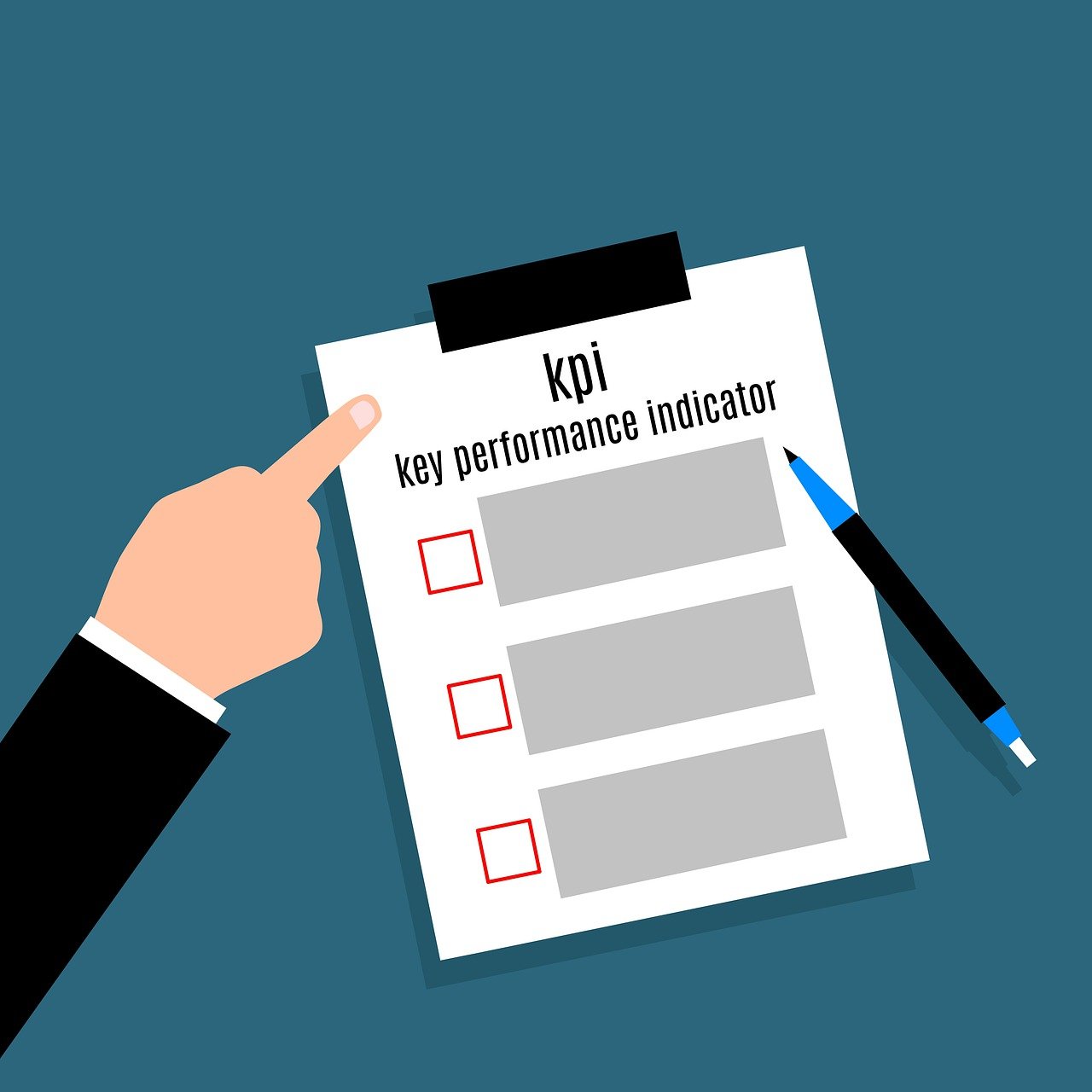Is Your Digital Agency Still Right for You in 2024?
Key Takeaways
Set clear goals and KPIs at the start of your relationship to align on expectations. Track performance against those goals.
Look at metrics like website traffic, conversions, SEO rankings, social media engagement, and campaign ROI. Compare to benchmarks.
Review the agency's reporting and insights. Are they providing strategic recommendations?
Assess account management. Do they understand your business and goals? Are they responsive?
Evaluate their capabilities. Do they have the right skills and expertise your business needs?
Consider costs versus value. Are you getting your money's worth for their services?
Check client references and reviews. Learn from other's experiences.
Have regular check-ins to provide feedback and adjust goals if needed.
Be prepared to switch agencies if expectations aren't being met after a reasonable time period.
Selecting the right digital marketing agency to partner with can be a major factor in the success or failure of your online initiatives. But how do you know if your current agency is truly effective and providing real value for your business?
Evaluating an agency’s performance and return on investment (ROI) should be an ongoing effort. You need to regularly assess quantifiable results against the goals you outlined together. And you need to gauge more subjective aspects like account management and strategic direction.
This article provides a framework for digitally savvy business owners on how to thoroughly evaluate your current digital agency relationship. We’ll cover key metrics to analyze, qualitative factors to consider, when it may be time to switch partners, and tips for getting the most value long-term out of the agency you choose.
Set Clear Goals and KPIs
The first step in evaluating an agency is to establish clear goals, key performance indicators (KPIs) and benchmarks at the very start of your relationship. This provides something to measure results against.
Goals could include driving more website traffic, increasing lead generation, boosting social media followers, improving SEO rankings or raising brand awareness. Define specific numeric KPIs where possible, such as increasing organic traffic by 25% month-over-month or generating 50 new leads from a campaign.
Aligning on expectations upfront ensures you’re both focused on the same outcomes. As you evaluate those set goals at intervals, you’ll gain critical insights into your agency’s performance and the value derived.
Review Key Metrics and Dashboards
There are several key metrics and dashboard data points to examine at regular intervals to quantify your digital agency’s impact.
Website Traffic Trends
Google Analytics can track unique visitors, page views, bounce rates, traffic sources, location and more. Is overall traffic increasing month-to-month?
Conversion Rates
What percentage of website visitors complete desired actions like email signups, downloads, purchases or service inquiries?
SEO Rankings
Is your agency improving organic search rankings for target keywords? Tools like SEMrush, Ahrefs and Moz can track this.
Lead Generation Numbers
How many quality leads, signups or sales are being driven from digital efforts like PPC, social media and content marketing campaigns?
Social Media Engagement
Assess followers, engagement rates, clicks, shares and overall sentiment for your brand’s social media accounts.
Marketing Campaign ROI
For individual campaigns, subtract costs from revenue generated to determine return on investment.
Compare Metrics Against Benchmarks
To provide more context around the above metrics, it can be helpful to compare performance to industry benchmarks. For example, average conversion rates for ecommerce sites range from 2-4%, while social media engagement rates tend to fall between 0.5-2%. If your metrics are well above or below benchmarks, that’s worth discussing with your agency.
Review Reports and Insights Provided
You’re paying your digital marketing agency for their expertise, so it’s important to assess the value you’re getting from their insights and recommendations.
A quality agency partner will share:
Regular reporting that outlines key metrics, trends and takeaways
Analysis explaining what’s driving performance behind the scenes
Suggestions for strategy adjustments to improve results
Ideas and creative concepts for upcoming projects and campaigns
Benchmark comparisons to show how you stack up to competitors
Alerts about algorithm changes, platform updates and industry news
The reports, ideas and suggestions provided should demonstrate a strong understanding of your business goals and audience. If information seems generic or infrequent, your needs may be better met by another agency.
Assess Overall Account Management
An essential element in evaluating an agency partner is the quality of account management and customer service. Concerns to look out for include:
Are they attentive and responsive when you have questions or requests?
Do they proactively provide ideas and recommendations tailored to your business?
Are they transparent about their pricing and fees? There should be no hidden costs.
Do they meet project timelines and deadlines?
Do they admit mistakes and commit to improving if goals aren’t met?
Is your account lead knowledgeable about your industry and business goals? Do they make an effort to learn?
Strong account management demonstrates commitment beyond just executing tactical projects. You want a partner invested in your success.
Examine Capabilities and Expertise
As needs evolve, you may find gaps emerge between an agency’s capabilities and your business requirements.
When evaluating your partner, assess if they have the right mix of strategic, creative and technical expertise your brand needs to thrive. This includes:
Experience in your particular industry and business model
Thought leadership on latest marketing best practices
Creative direction and content production skills
Analytical proficiency with data insights
Technical abilities with essential platforms and tools
Account management and project management strengths
Media buying capabilities and negotiating power
If capabilities are lacking in critical areas, it may be time to expand your agency roster with specialized partners.
Consider the Cost vs. Value Equation
Agency services don’t come cheap, so you need to determine if the investment is paying appropriate dividends.
Run through this exercise annually:
Add up the total fees paid to your agency over the past year
Estimate the revenue directly driven by the agency’s efforts
Subtract agency fees from estimated revenue generated
Divide revenue by fees paid to get your ROI
Industry benchmarks show most businesses target a 3:1-10:1 return from digital marketing spending. If your agency ROI falls below expectations, you may need to reallocate budgets or negotiate rates.
Regularly assessing cost versus value ensures you’re getting the most bang from your agency buck.
Check Client References and Reviews
Speaking to an agency’s existing clients provides helpful qualitative insights that dashboards don’t show.
When researching agencies or evaluating your current partner:
Ask for 2-3 client references you can contact directly
Search online for case studies showing examples of their work
Check testimonials on the agency’s website and LinkedIn Page
Look on review sites like Yelp and Google for objective feedback
Search their name on social media to see client comments
Ask industry peers about their experiences or impressions
Feedback from an agency’s client base reveals strengths and weaknesses you may want to follow up on.
Have Regular Check-ins
Ongoing communication, assessment, and adjustment is key to making the most of your agency relationship.
Have quarterly business reviews to discuss performance and objectives
Use a scorecard to grade your agency on key criteria
Provide regular feedback to improve collaboration
Evaluate metrics monthly and discuss optimizations
Adjust goals yearly to meet evolving needs
With regular check-ins, you can spot needs or gaps earlier and course correct quickly if required.
Be Prepared to Switch Agencies if Needed
What if meaningful change doesn’t happen despite your best efforts working with an agency? At what point should you cut ties?
Consider making a switch if:
Performance consistently falls drastically short of agreed upon goals
Serious account management issues emerge that aren’t resolved
Capabilities are insufficient despite attempts to expand skill sets
Reporting lacks substance or strategic direction
Efforts aren’t cohesive with your brand identity or objectives
Costs become disproportionately high for the value provided
Client feedback reveals major shortcomings
An agency shift occurs like losing your main contact or account lead
With clear metrics and expectations set, you’ll know after a reasonable timeframe if an agency isn’t the right fit. Don’t waste time and budgets; be ready to move on.
Evaluating your digital marketing agency takes consistent effort, but it’s crucial for maximizing your return on investment. Use the framework provided to quantify performance, assess account management, examine capabilities, calculate cost versus value, and check client feedback.
With the right agency partner focused on your business goals, you’ll be better positioned to thrive online. But stay vigilant, and be ready to make a switch if your needs aren't being adequately met.
Sources:
https://www.hubspot.com/marketing-statistics
https://www.webfx.com/blog/marketing/how-to-measure-digital-marketing-success/
https://sproutsocial.com/insights/social-media-metrics-that-matter/

